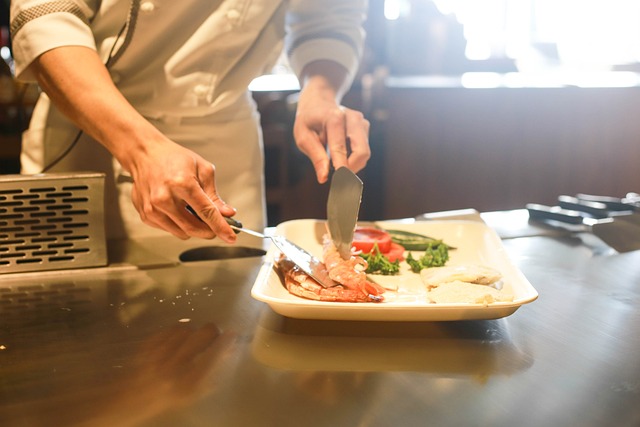This Content Is Only For Subscribers
A new report shows Kiwis are reaping the rewards of loyalty programmes – and the hospitality sector is benefiting, too.
International data and insight consultancy CGA by NIQ’s On Premise Pulse+ Report shows a fifth (22 per cent) of New Zealand consumers are currently enrolled in On Premise venue-specific loyalty programmes.
The report highlights the burgeoning role loyalty schemes can play in enhancing consumer engagement and retention, while examining highly nuanced effectiveness and consumer perceptions of such programmes.
“It’s great that consumers have strong engagement with loyalty programmes – it highlights the importance of these programmes to drive customer engagement and repeat visitation to venues,” says Hospitality New Zealand CEO Steve Armitage.
“Operators looking to drive community engagement around their venue can take note, especially given the current operating environment.
“Loyalty programmes are an excellent way to build affinity between businesses and customers, which can be a key factor in converting discretionary spend.”
Consumers who do participate show strong engagement levels. Three quarters of enrolled consumers (78 per cent) use their loyalty benefits frequently during visits to bars, restaurants, and pubs.
This high-volume engagement highlights the potential competitive advantage of loyalty programs to nurture consumer loyalty and drive repeat business, the report shows, in a time when consumer discretionary spend is down.
Restaurants emerge as the primary driver for loyalty engagement, accounting for two thirds of program uptake amongst 18-34 years olds (66 per cent), 88 per cent amongst 35–54-year-olds, and 60 per cent amongst the 55-plus demographic.
On the other hand, loyalty programs are more popular in pubs amongst 35–54-year-olds and 55-plus consumers than they are amongst younger drinkers. By comparison, 18-34 years olds are more likely to use loyalty schemes in late night bars and cocktail bars, and the 55-plus group accounts for most usage in RSL/sports clubs.
This suggests a significant opportunity for venue operators and suppliers to collaborate on tailored loyalty strategies to resonate with their target audiences. The emphasis on exclusivity and unique rewards is particularly compelling for this purpose, with half of consumers (49 per cent) valuing the select nature of rewards available to them through these programs.
This is why marketing strategies prioritising unique and exclusive loyalty rewards not available to non-subscribers or at competitor venues are especially attractive. It’s a persuasive approach likely to pique consumer interest and encourage greater participation in loyalty programs, particularly among younger demographics, who show a keen interest in exclusive offers and integrated payment options.
In addition, the data indicates that while adoption rates among younger age groups (18–34-year-olds and 35–54-year-olds) are similar at 25 per cent, there’s room for growth, notably among older consumers (55-plus), where participation drops to 17 per cent. Promotional efforts focusing on both the immediate benefits and the simplicity of joining and using loyalty programs could bridge this gap and boost overall participation rates.
Further insights from the report suggest consumers are eager for more extensive loyalty benefits, including food and drink combination offers, price reductions on specific days, such as half price Wine Not? Wednesdays, and rewards across different venues and experiences.
Plus, there’s also a strong demand for integrated payment systems, allowing customers to pay with points.



